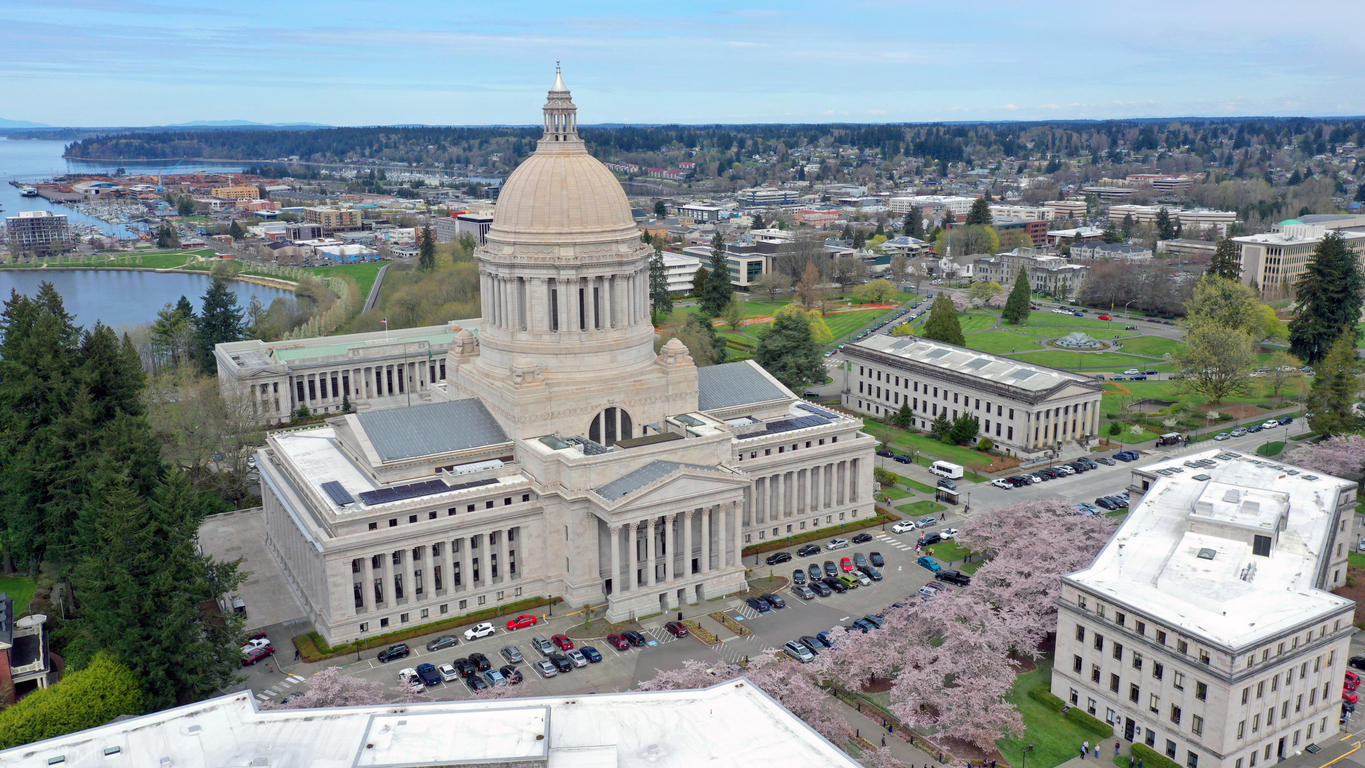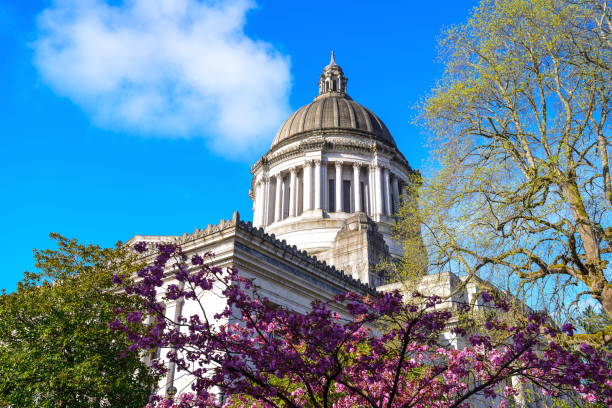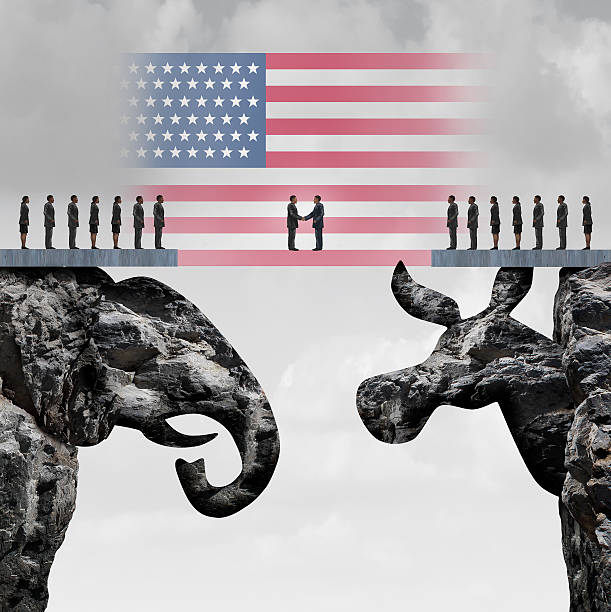Initiative 1464 would direct state tax dollars to support political candidates you might oppose
This November voters will consider Initiative 1464. Spanning 23 pages and 37 sections, Initiative 1464 is a very complex proposal covering many aspects of campaign finance including a proposed repeal of the current ban on giving tax dollars to political candidates.
Starting in 2018, Initiative 1464 would allow eligible individuals to give up to three taxpayer financed $50 contributions (available until funds are exhausted) to “qualified” candidates for their private political campaigns. This proposal is based on a new law passed by Seattle voters in 2015. The tax-funded political vouchers of that Seattle law, however, do not take effect until 2017, making it impossible to evaluate its impact.
Supporters of Initiative 1464 say state taxpayer-funded campaign vouchers would “push candidates to focus less on big campaign donors and spend more time listening to voters.”
The taxpayer funded vouchers would only apply to state legislative candidates through 2022. Starting in 2024, the commission can decide whether to expand to other statewide office candidates.
So what exactly has been the experience at both the national and state level when it comes to taxpayer funded campaigns?
According to the Federal Election Commission (FEC), Americans’ support for the “check the box” public funding of presidential campaigns has “declined each year.” The FEC also notes that in 2014 President Obama signed legislation to end the practice of giving tax money to political parties for their conventions. Instead, Congress directed to the money to a worthier cause: researching cures for childhood diseases.
At the state level, according to the National Conference of State Legislatures, “Public financing of campaigns remains the least-used method of regulating money in elections.”
Aside from the lack of practical results nationally, there is also the ethical problem of whether taxpayer funding of private political campaigns is forced speech for candidates you may disagree with.
For example, imagine Donald Trump or Hillary Clinton moving to Washington and running for state legislature. Many Washingtonians no doubt would vehemently oppose forced political speech by having their tax dollars go to these campaigns via the vouchers.
An alternative approach is to improve campaign finance transparency as recommended by former Secretary of State Sam Reed. He recently told me, “After decades of trying, I am skeptical about any approach reducing money in campaigns based on 1st Amendment court precedents. Instead immediate transparency should be the goal.”
According to the state’s Office of Financial Management (OFM) Initiative 1464 would cost approximately $171.5 million over the first six years. Unlike most previous ballot measures, Initiative 1464 does provide its own funding source by repealing the nonresident sales tax exemption. This sales tax exemption, however, has been recommended for continuation by the Joint Legislative Audit and Review Committee (JLARC).
JLARC analysts noted in their performance review of this sales tax exemption, “Continuing the preference will continue to support Washington retail establishments by removing the disincentive for nonresidents from no or low sales tax locations to purchase goods in Washington.” This is especially important to the state’s border communities.
OFM also highlighted the potential for loss of business and occupation (B&O) tax revenue in its fiscal analysis of Initiative 1464 saying, “In addition, the repeal of the nonresident retail sales tax exemption could affect the amount of goods purchased... Due to price elasticity, state B&O tax revenue could decrease with the repeal of the retail sales tax exemption for nonresidents.”
Given the potential for lost retail sales from nonresidents no longer crossing the border to shop in the state, this may mean significant funding for Initiative 1464’s requirements will come from Washingtonians out of general tax revenues, at the expense of public education and other state programs.
Whether or not you think using tax dollars to fund political campaigns is a good investment of limited resources, adopting this unproven policy statewide before seeing the impact first in Seattle is jumping the gun. It would be prudent to wait to see the track record in Seattle before considering the taxpayer financed campaign voucher policy statewide.








